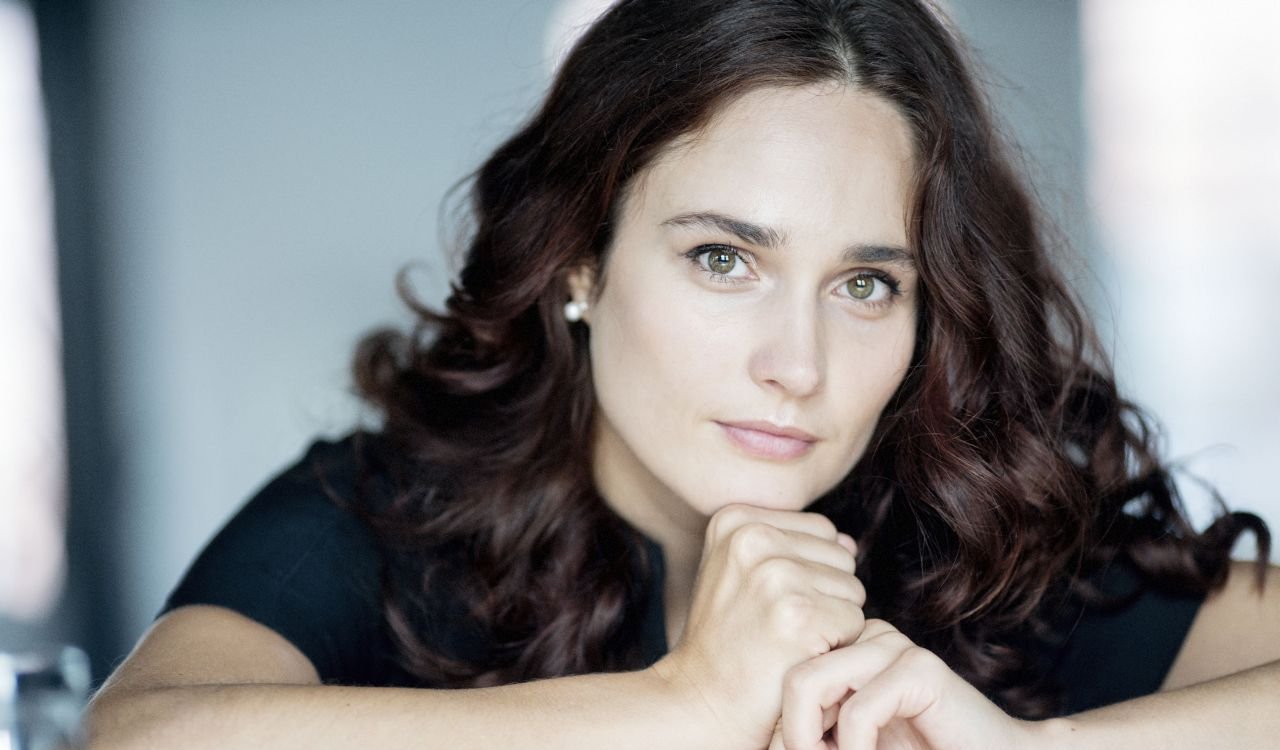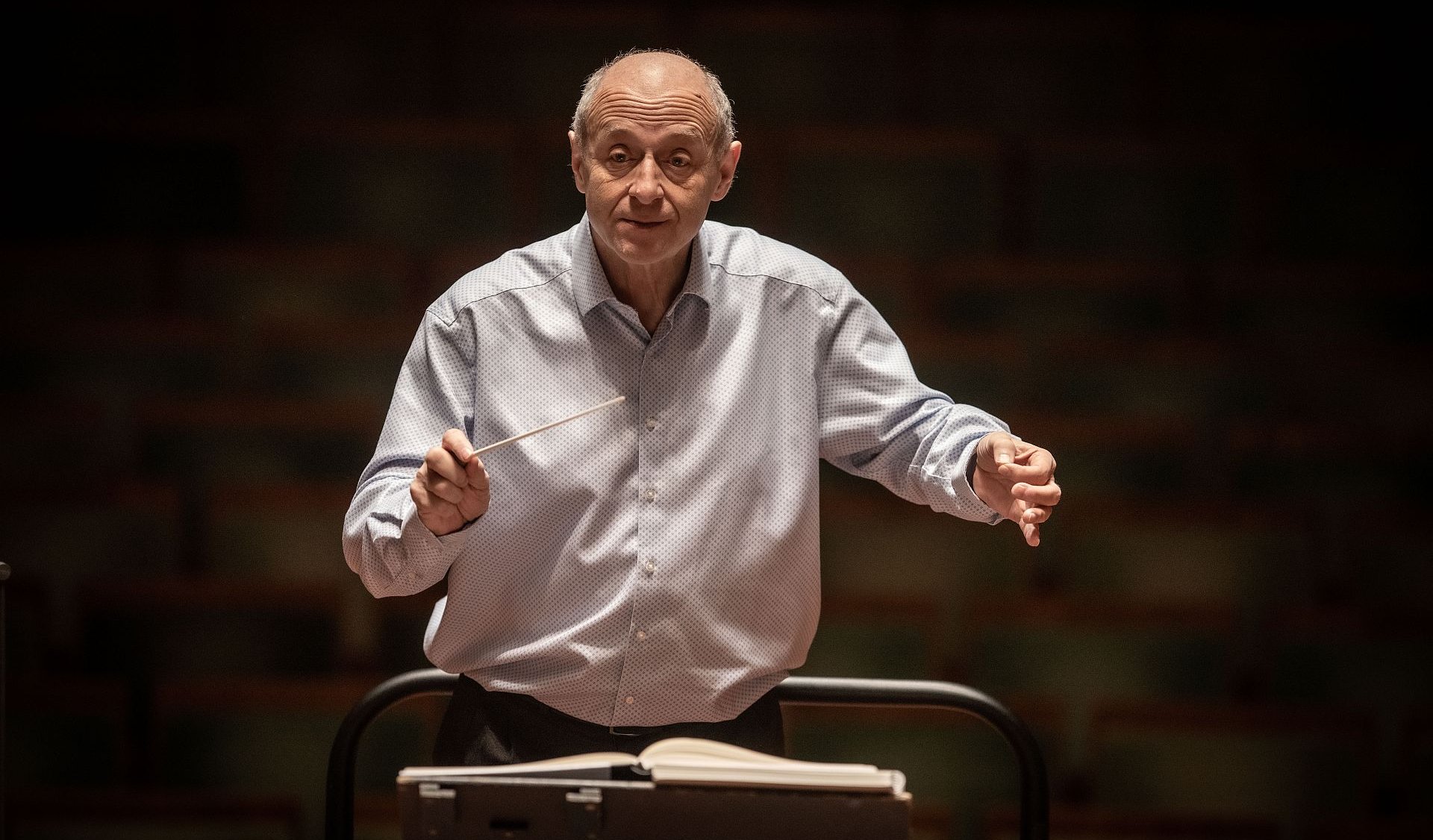

Program
Featuring
Other information
Season tickets
- DORÁTI
- KERTÉSZ
The event is about 2.5 hours long.
About the event
A song that is most expressive without words. A virtuoso piano concerto that is probably more “comfortable” than the previous one, only according to its composer. A symphony that finally erases an annihilating failure. Rachmaninoff's works are fascinating for the history of their creation, and while the critics of the time found them sentimental and nostalgic, we love to listen to them because they are beautiful! The orchestral version of Vocalise, a gem of the vocal repertoire, originally written for voice and piano, will open the concert, followed by Piano Concerto No. 3, performed by Anna Vinnitskaya, described by the Washington Post as "a true lioness" and by Gramophone as "an unforgettable and sparkling interplay of light and shadow". After the interval, the monumental musical triumph, Symphony No. 2, will be played.
"Why do you need words when you can express everything better and more articulately with your voice and your interpretation than anyone could with words?”, Rachmaninoff wrote to singer Antonina Nezhdanova, to whom he dedicated the last of the Op. 34 14 songs. The vocal part of Vocalise must be performed using a chosen vowel. The sustained notes and supple melodies create an almost violin-like sound. It's no wonder that many instrumental versions of the popular song have been written, with the orchestral version being created by the composer himself. This orchestration perhaps enhances the sensuality and hypnotic beauty of the piece.
Rachmaninoff, who was touring as both a pianist and as a conductor, increasingly wanted to devote himself to composing alone. However, he couldn’t say no to an American commission in 1909, for which he also composed a brand new piano concerto. Soon after its premiere, he performed it with the New York Philharmonic, conducted by Gustav Mahler, as well. The first movement of the piece, also known as “Rach 3”, begins in an unusually simple manner, with a calm Russian theme, and then soaring melodies lead to the cadenza offering two versions to the soloist. The series of variations of the middle movement, traversing from melancholy to ecstasy, is broken up by a feather-light waltz before the music flows into a bright and grandiose finale intriguingly combining the material of the earlier themes.
The failure of his first symphony plunged Rachmaninoff into severe depression. He only returned to the genre after a decade, but was dissatisfied with his first drafts. He forced himself rework the piece, and in 1908, as conductor, he led the first performance in St Petersburg to success. As well as for his Piano Concerto No. 2, showing him the way out of depression, he was awarded the Glinka Prize for this piece and managed to overcome his trauma completely. The opening movement of the hour-long work begins with a slow introduction that is mysterious and brooding, and then gradually builds to a stormy passage. The themes recur as mottos in later movements. A more serene scherzo using the Dies irae melody and a slow movement containing one of the composer's most beautiful motifs follow, before a bright, richly orchestrated, triumphant finale brings the work to a close.
Did you know? Vocalise premiered on January 24, 1916 in Moscow, with the solo by Antonina Neshdanova; Piano Concerto No. 3 debuted on November 28, 1909 with the composer performing the solo and Walter Damrosch conducting; Symphony No. 2 was first performed on January 26, 1908 in Saint Petersburg, with the composer conducting; the BFO performed Vocalise most recently on February 9, 2008 in Purchase (conductor: Iván Fischer), and Symphony No. 2 was most recently performed on January 22, 2013 in Montréal (conductor: Iván Fischer) and will perform Piano No. 3 for the first time.
Contemporary events: the Russian offensive led by General Brusilov, was launched on June 4, 1916, breaking through the defensive lines of the Austro-Hungarian Monarchy / the French painter Henri Matisse painted his work The Piano Lesson in 1916 / Please Sir!, a collection of short stories by Frigyes Karinthy, was published in 1916 / Spanish Rhapsody, a work by the French composer Maurice Ravel, premiered in Paris on March 15, 1908 / the book Sociology by the German philosopher and sociologist Georg Simmel, was published in 1908 / the Romanian sculptor Constantin Brâncuși, living in France, produced his sculpture The Kiss in 1908
